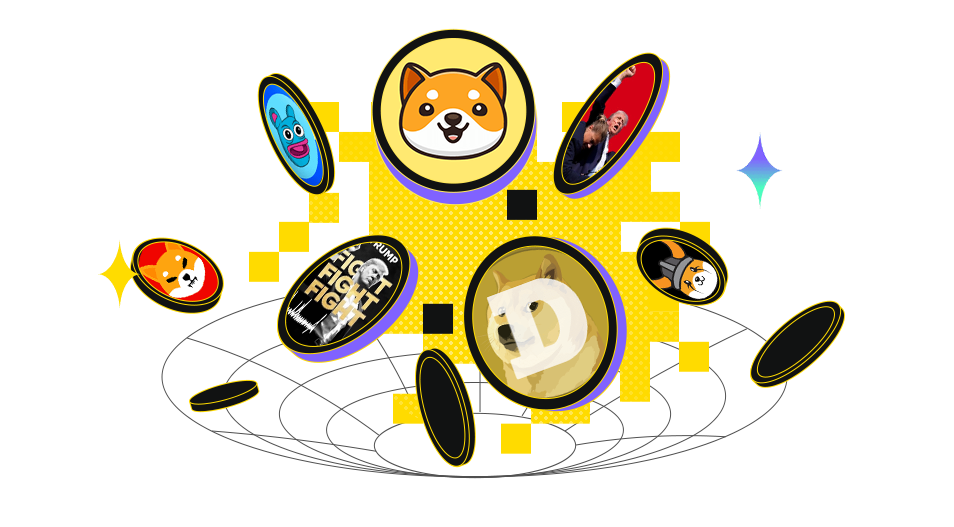What governance mechanisms secure DeFi protocols?
2025-04-22
"Essential Governance Mechanisms Ensuring Security and Trust in Decentralized Finance Protocols for Beginners."
How Governance Mechanisms Secure DeFi Protocols
Decentralized Finance (DeFi) has transformed traditional financial systems by offering transparent, permissionless, and trustless services. However, the success of DeFi protocols hinges on robust governance mechanisms that ensure security, adaptability, and community trust. This article explores the key governance mechanisms that secure DeFi protocols, their recent advancements, and the challenges they face.
### Understanding Governance in DeFi
Governance in DeFi refers to the frameworks and processes that allow stakeholders to participate in decision-making for protocol upgrades, security measures, and operational changes. Unlike centralized systems, DeFi governance is decentralized, often relying on token holders, developers, and community members to steer the protocol’s direction.
### Key Governance Mechanisms Securing DeFi Protocols
1. **Token-Based Voting Systems**
Many DeFi protocols use governance tokens to empower users with voting rights. Token holders can propose or vote on changes, such as adjusting interest rates, adding new features, or fixing vulnerabilities. The weight of each vote depends on the number of tokens held, ensuring stakeholders with larger investments have proportional influence. Examples include Compound’s COMP and Uniswap’s UNI tokens.
2. **Decentralized Autonomous Organizations (DAOs)**
DAOs are blockchain-based entities that automate decision-making through smart contracts. They eliminate centralized control by allowing token holders to vote on proposals directly. For instance, MakerDAO uses a DAO to manage its stablecoin DAI, where MKR token holders vote on critical parameters like collateral types and stability fees.
3. **Community Engagement and Transparency**
Open forums, Discord channels, and governance platforms like Snapshot foster community participation. Protocols often rely on community feedback to identify risks or propose improvements. Bug bounty programs, where users are rewarded for reporting vulnerabilities, also enhance security by crowdsourcing audits.
4. **Smart Contract Upgrades and Automation**
Smart contracts encode governance rules, ensuring decisions are executed automatically when consensus is reached. Upgradable smart contracts, like those used by Aave, allow protocols to patch vulnerabilities or introduce new features without disrupting operations. However, upgrades often require multi-signature approvals or voting to prevent malicious changes.
5. **Advisory Boards and Expert Oversight**
Some DeFi projects incorporate advisory boards with experts in blockchain, law, and finance. These boards provide guidance on complex issues like regulatory compliance or technical risks, supplementing decentralized governance with specialized knowledge.
### Recent Developments Strengthening DeFi Governance
- **Enhanced Security Measures**
Following high-profile hacks, protocols now prioritize security governance. Regular third-party audits, insurance funds (e.g., Nexus Mutual), and emergency shutdown mechanisms have become standard.
- **Regulatory Preparedness**
As regulators scrutinize DeFi, projects are adopting compliance-focused governance. For example, some DAOs are implementing KYC checks for voters to align with anti-money laundering (AML) laws.
- **Innovations in DAO Tools**
Platforms like Tally and Boardroom simplify participation in DAO governance, making it accessible to more users. Delegated voting, where users lend their voting power to trusted representatives, is also gaining traction.
### Challenges and Risks
1. **Regulatory Uncertainty**
Unclear regulations pose legal risks. Strict rules could force protocols to centralize aspects of governance, undermining decentralization.
2. **Security Vulnerabilities**
Even with audits, exploits like flash loan attacks or smart contract bugs can drain funds. Governance attacks, where malicious actors manipulate votes, are another concern.
3. **Community Fragmentation**
Disputes over protocol changes can lead to forks or splits, as seen with the Ethereum Classic split. Poorly managed governance can erode trust.
4. **Scalability Limits**
As protocols grow, voting participation may decline, slowing decision-making. Layer-2 solutions and gas-efficient voting systems are being explored to address this.
### The Future of DeFi Governance
The evolution of governance mechanisms will focus on balancing decentralization with efficiency. Innovations like quadratic voting (to reduce whale dominance) and on-chain dispute resolution could further secure DeFi. Collaboration with regulators and improved user education will also be critical for sustainable growth.
### Conclusion
Governance mechanisms are the foundation of DeFi’s security and resilience. From token voting to DAOs, these systems empower communities while mitigating risks. Despite challenges like regulation and scalability, continuous innovation ensures DeFi protocols remain adaptive and secure. As the space matures, governance will play an even greater role in shaping the future of decentralized finance.
Artikel Terkait
How to Invest in Crypto as a Complete Beginner in 2025
2025-09-03 04:01:09
How are RWAs different from traditional financial assets?
2025-05-22 10:16:47
How does DeFi differ from traditional finance systems?
2025-05-22 10:16:47
Can you elaborate on how equitable distribution is achieved in the new tokenomic model?
2025-05-22 10:16:46
What implications does this collaboration have for blockchain gaming acceptance?
2025-05-22 10:16:46
How does U.S. Steel Corporation's performance compare to its competitors in light of the new price target?
2025-05-22 10:16:46
How important does Buterin consider institutional adoption of cryptocurrencies?
2025-05-22 10:16:45
What types of insights or findings should be highlighted during the analysis of news articles?
2025-05-22 10:16:44
What role do stablecoins play in facilitating transactions within the cryptocurrency ecosystem?
2025-05-22 10:16:44
What is Mashinsky's perspective on the role of self-regulation within the crypto industry?
2025-05-22 10:16:44
Artikel Terbaru
Apa Itu KONGQIBI (空氣幣) Coin dan Kapan Dicatatkan di LBank?
2026-01-31 08:11:07
Apa Itu Koin MOLT (Moltbook)?
2026-01-31 07:52:59
Kapan BP (Barking Puppy) Terdaftar di LBank?
2026-01-31 05:32:30
Kapan MEMES (Memes Will Continue) Terdaftar di LBank?
2026-01-31 04:51:19
Setor dan Perdagangkan ETH untuk Berbagi Hadiah Pool 20 ETH FAQ
2026-01-31 04:33:36
Apa Itu Acara Perlindungan Harga Pra-Pasar RNBW di LBank?
2026-01-31 03:18:52
Apa Itu LBank Stock Futures dan Bagaimana Cara Kerjanya?
2026-01-31 03:05:11
Apa Itu Tantangan Pendatang Baru XAU₮ di LBank?
2026-01-31 02:50:26
FAQ Zama: Membuka Masa Depan Privasi dengan Enkripsi Homomorfik Penuh (FHE)
2026-01-30 02:37:48
Apa Itu Moonbirds dan Untuk Apa Coin BIRB Digunakan?
2026-01-29 08:16:47



